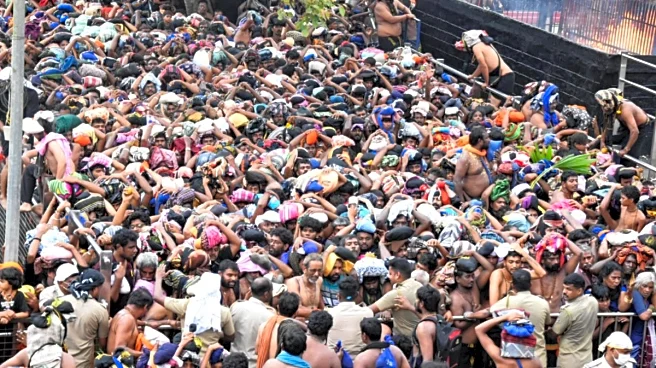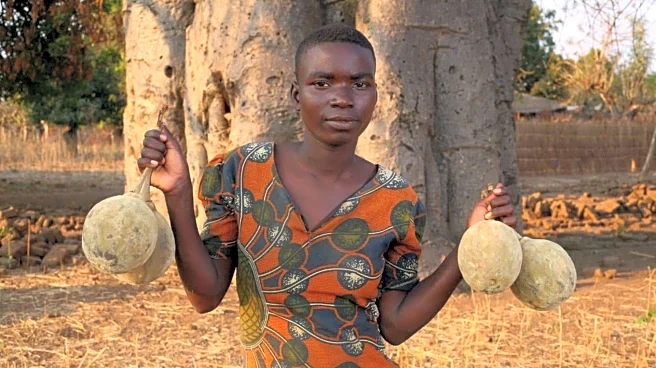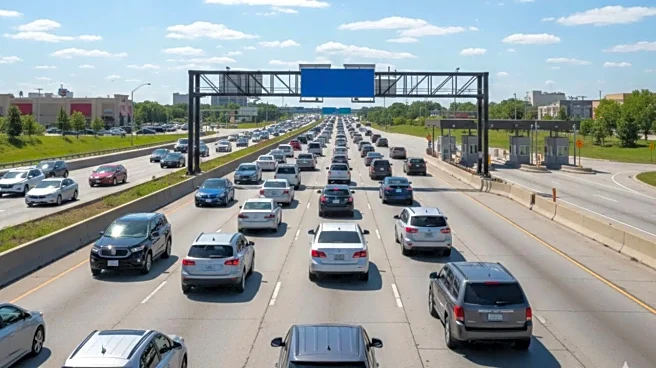The Kerala High Court on Wednesday delivered sharp oral observations against the Kerala government and the Travancore Devaswom Board (TDB), expressing serious concern over the crowd management failures
at the Sabarimala Lord Ayyappa Temple during the ongoing pilgrimage season. Taking note of reports of heavy congestion, long queues, and safety concerns raised by devotees, the Division Bench questioned why proper preparations were not undertaken well in advance.
The Bench remarked that arrangements for a pilgrimage of Sabarimala’s scale should ideally begin at least six months before the season opens. The court emphasised that the annual Mandala-Makaravilakku pilgrimage attracts lakhs of pilgrims from across the country, making anticipatory planning crucial. However, the current situation, the Bench noted, reflected a lack of coordination and preparedness on the part of the authorities responsible for ensuring smooth darshan and devotee movement.
A key point of concern was the excessive number of pilgrims entering the hill shrine despite the virtual queue system, which was designed to regulate the daily footfall. According to submissions made by the Travancore Devaswom Board, even after implementing spot bookings, more than 10,000 additional devotees managed to climb the hill, leading to overcrowding at crucial points, including the 18 holy steps and the Sannidhanam premises.
The court questioned why devotees were being allowed to enter the temple precincts when their numbers clearly exceeded the capacity that could be safely accommodated. It further criticised the practice of “pushing devotees in and out,” observing that such mismanagement defeats the purpose of darshan and puts pilgrims at risk. The Bench categorically stated that the authorities must ensure that “no untoward incidents” occur due to overcrowding or administrative failure.
Raising a series of pointed queries, the High Court asked both the state government and the Devaswom Board to clarify the basis on which crowd estimates were made, why virtual queue slots were not rationalised, and what mechanism was being followed to prevent the entry of unregistered devotees. It also sought an explanation for the lack of adequate ground-level coordination among police, Devaswom officials, and volunteers.
The court has directed the Kerala government and the Travancore Devaswom Board to file detailed affidavits explaining the steps taken so far and the corrective measures planned to prevent further chaos. The matter will be taken up again on Friday, with the Bench indicating that it expects concrete proposals to strengthen crowd regulation and safety protocols at Sabarimala.






/images/ppid_a911dc6a-image-177097913816159057.webp)

/images/ppid_a911dc6a-image-177097903662199804.webp)
/images/ppid_a911dc6a-image-177097907184162037.webp)
/images/ppid_a911dc6a-image-177097910287716110.webp)




